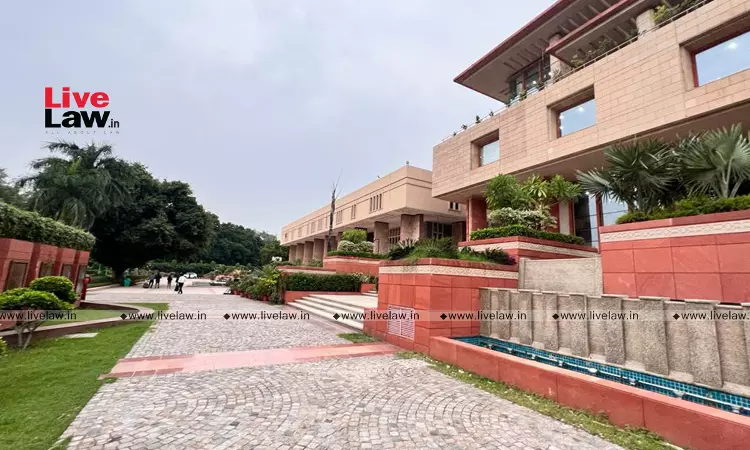The Delhi High Court has pulled up a trial court in the national capital for discharging an accused in a rape case on the basis of the results of polygraph test conducted on the victim. Calling it erroneous, Justice Swarana Kanta Sharma said that the result of polygraph test at best could have been considered as part of the investigation and tested during the trial on the touchstone...

